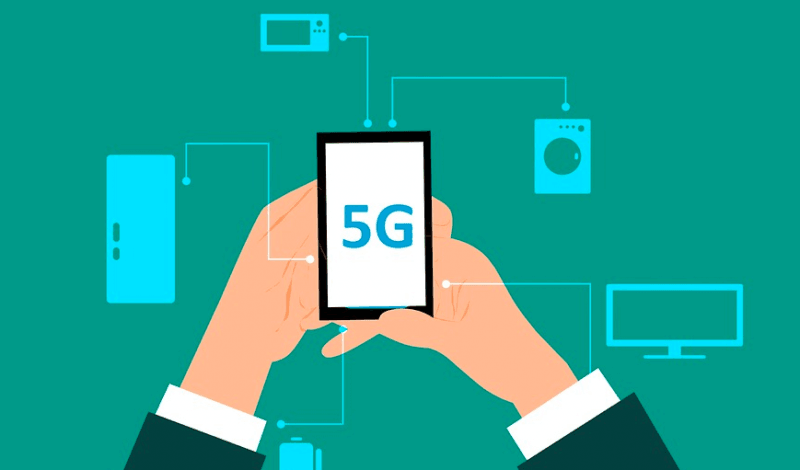Huawei Deputy Chairman Ken Hu said some of the growth irritants of 4G in India should not be repeated. These problems had made it difficult for telcos to make profits with the 4G spectrum in the face of excessive competition in the telecom services market. “If operators are struggling to make profits under 4G, I wonder how will they become profitable in 5G. Competition in the Indian market is overheated”, Ken said. “My personal view is that for a very long time after 4G deployment, eMBB will be the main scenario. If operators are already struggling to gain profits on eMBB scenario under 4G, then I wonder how do they make profits under 5G”, he added. eMBB, or enhanced Mobile Broadband, is one of the three sets of used cases defined for 5G. Huawei which has faced security concerns in some parts of Europe and the United States said that it is already in the Indian government’s invite list for 5G trials, as and when these take place. “We were invited by the Indian government last year to conduct field trials for 5G and also participated in used cases and researches with operators in India. Huawei is deeply engaged with the Indian market on 5G,” Wang said. “India is similar to China and other growing markets in terms of requirements and ICT and is an important market for us”, he added. Huawei has undertaken 5G demo trials, alongwith Airtel and Reliance Jio, at the Indian Mobile Congress. India’s Department of Telecom so far has not taken any decision on the time period for 5G trials as the telecom operators have differences over the quantum of spectrum to be allotted and the duration of the field exercise. While the operators demand a one-year minimum period for trial, the government says it only allot spectrum for 90-day trials. The Indian telecom services market is facing severe competition, with a tariff war unleashed by Reliance Jio already affecting telcos’ bottom lines. They are already complaining about the high reserve price of the next spectrum auction slated to take place later this year. Huawei has been present in India since the last decade in the telecom equipment business and has so far worked with Airtel and BSNL. It faces completion from fellow Chinese rival ZTE, Korean major Samsung, and the European firms Ericsson and Nokia.
